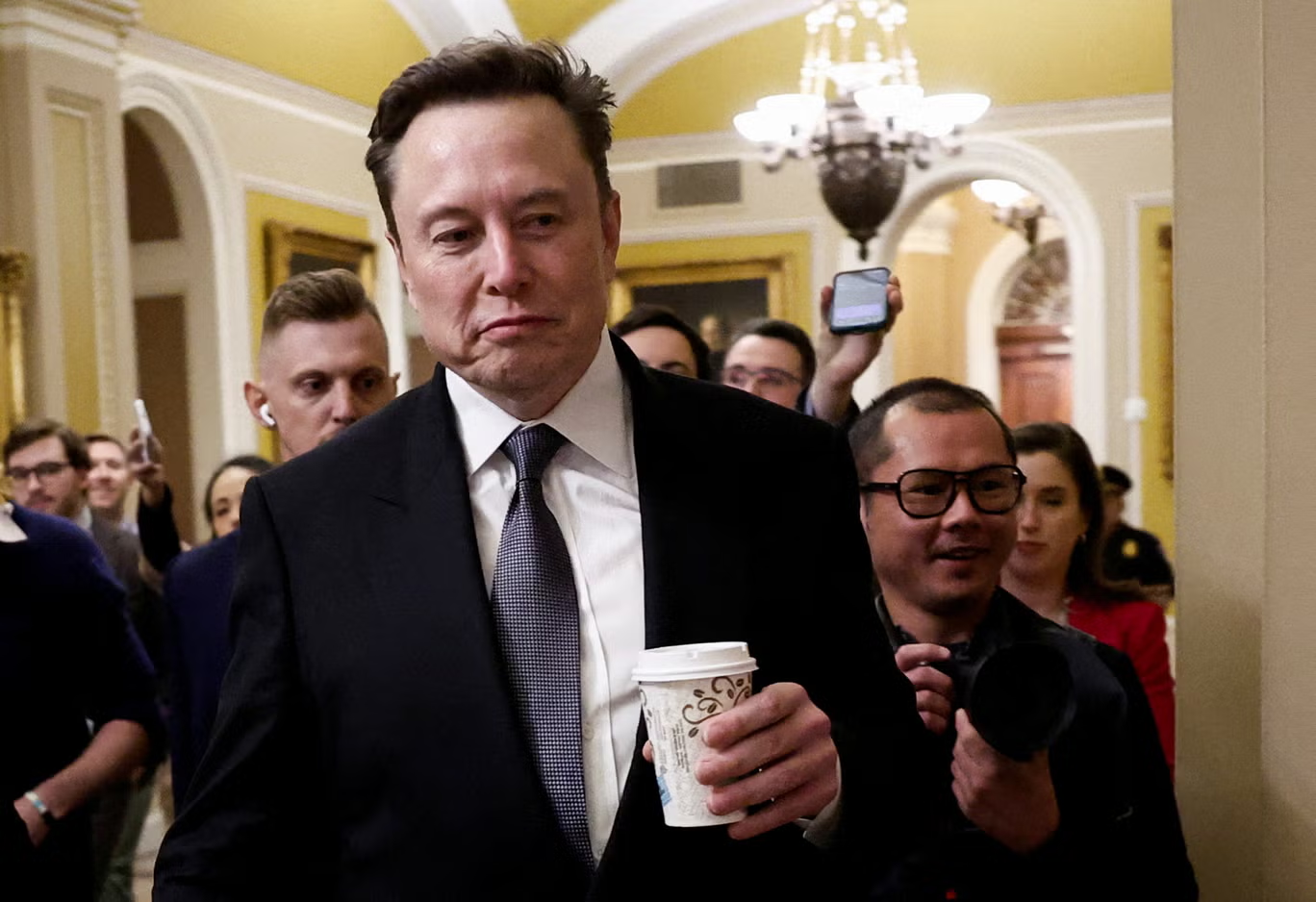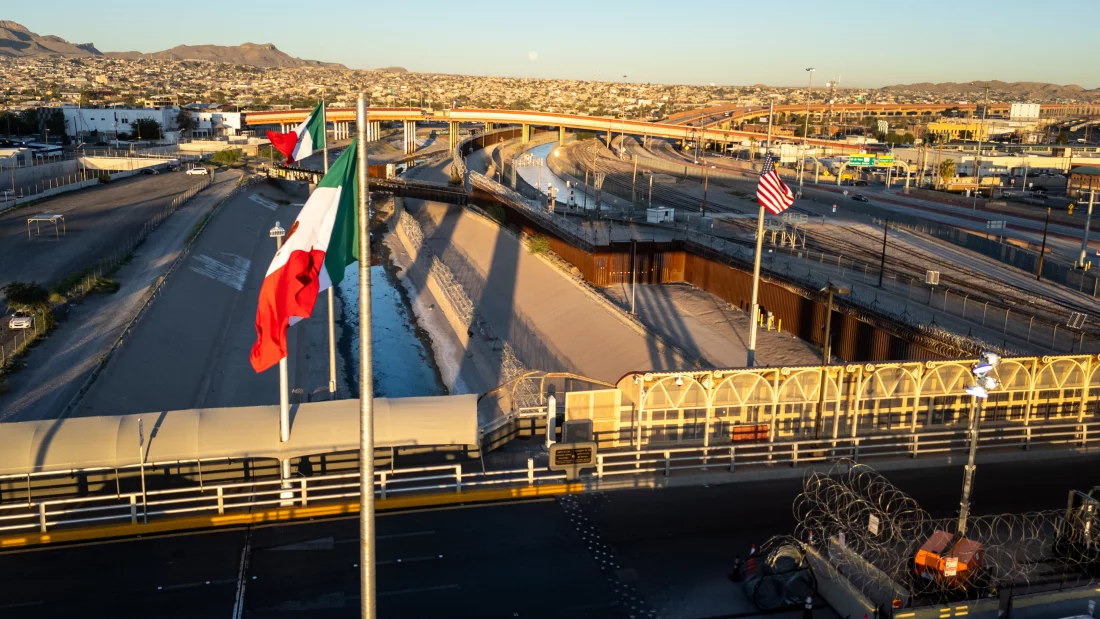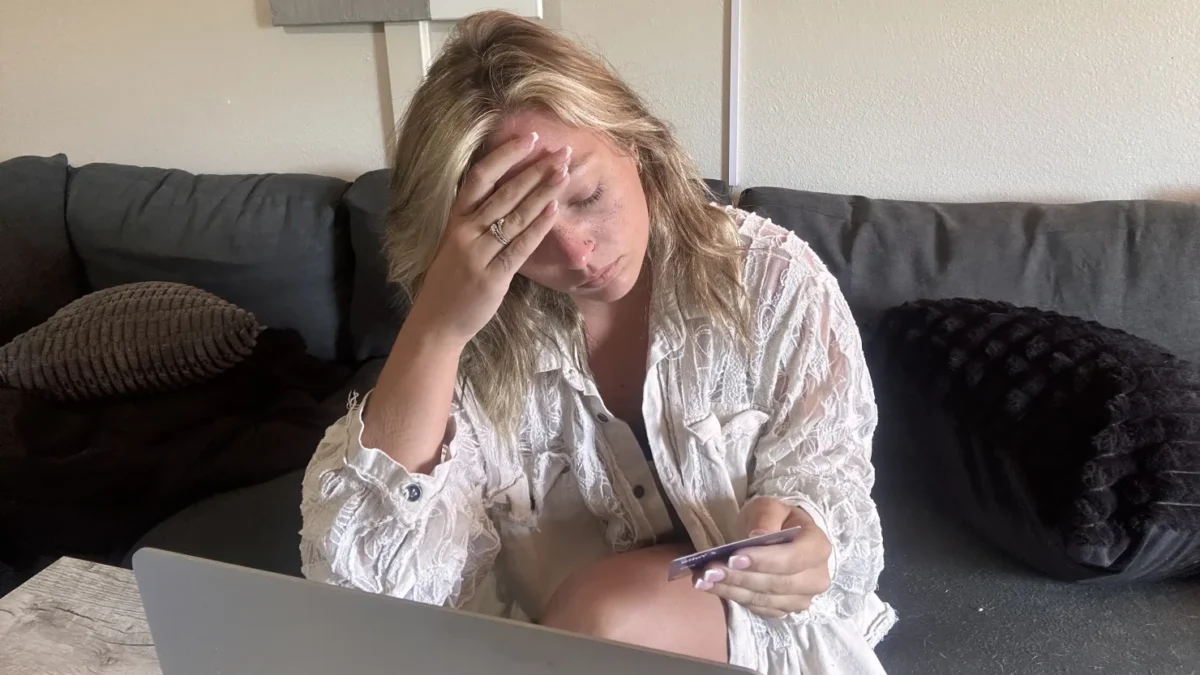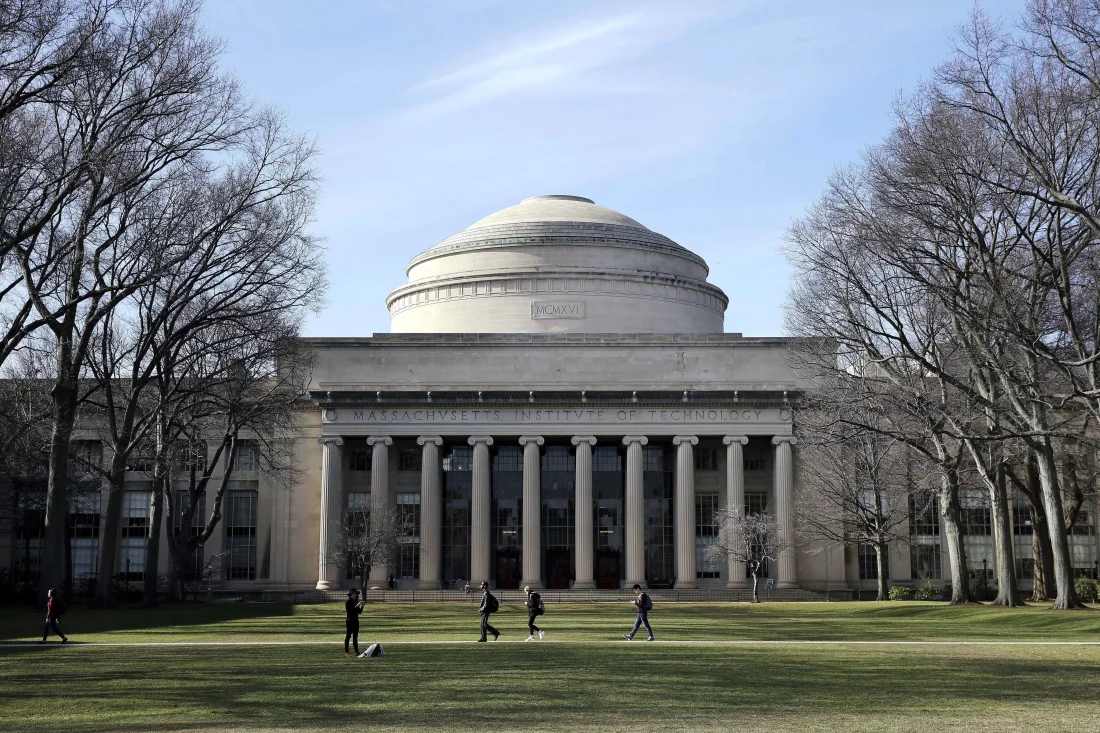Mass Deportations Could Cripple Texas Construction
President-elect Donald Trump’s renewed vow to deport millions of undocumented immigrants has sparked concerns across Texas’ construction industry. Business leaders and economists warn that removing a workforce heavily reliant on undocumented labor could devastate key sectors driving the state’s booming economy.
Industry Leaders Fear Economic Fallout
Stan Marek, CEO of Houston-based Marek, a construction giant, voiced grave concerns over Trump’s plan. “It would devastate our industry. We wouldn’t finish highways, schools, or housing projects,” Marek said. He estimates half of the labor force could disappear if mass deportations proceed.
Texas’ reliance on undocumented labor is no secret. According to a report by the American Immigration Council, over half a million immigrants worked in construction in 2022. Of those, nearly 60% were undocumented.
“The state needs both U.S.-born and immigrant talent to sustain the construction jobs powering Texas’ economy,” the report stated.
A Workforce in Crisis
Economist Ray Perryman emphasized that Texas lacks the workforce to sustain its rapid growth without immigrant labor. “There are more undocumented workers in Texas than unemployed residents. The math simply doesn’t add up,” Perryman said.
The economist also highlighted broader demographic challenges. “Our birth rates and population growth are at historic lows. We’re not producing enough people to sustain economic growth,” he added.
Ripple Effects Across Texas
Texas, home to some of the country’s fastest-growing cities, is heavily dependent on construction to support its growth. Cranes dot skylines in Austin, Houston, and Dallas, while workers in safety vests are a common sight.
However, Trump’s deportation agenda could bring this progress to a standstill. Disrupting construction projects could delay infrastructure development, increase housing shortages, and hike costs for consumers.
Immigrant Voices: Fear and Uncertainty
Veronica Carrasco, an undocumented house painter from Honduras, shared her fears about the potential crackdown. Having lived in Texas for over a decade, she supports her three children as a single mother.
“I’ve been through one Trump administration, but this time feels different. He seems more determined,” Carrasco said.
Her family has prepared for the worst, consulting lawyers to assign power of attorney for her children, two of whom are U.S. citizens. “Imagine being a mother and father to your children and knowing you might be taken away from them,” she said.
Carrasco rejected claims that immigrants take jobs from Americans. “We do work that few others want to do. It’s not about taking opportunities; it’s about filling a gap,” she explained.
Republican Leaders Back Trump’s Agenda
Trump has signaled his intent to act aggressively on immigration. He has appointed Tom Homan, his former ICE director, and Stephen Miller, the architect of his first term’s controversial policies, to key positions.
Meanwhile, Texas Gov. Greg Abbott has pledged state support for Trump’s plans. “We are here to help, whether it’s denying illegal entry, arresting those here illegally, or assisting in deportation,” Abbott said during a FOX News appearance.
The Texas General Land Office has even offered 1,400 acres of land to build deportation facilities.
Critics Push for Practical Solutions
While Trump’s policies may appeal to his base, experts question their practicality. “It’s easy to promise mass deportations at a rally, but translating that into workable policy is far more difficult,” Perryman said.
Marek believes the looming threat could push Congress to act on immigration reform. He advocates for a guest worker program, similar to the Deferred Action for Childhood Arrivals (DACA) program.
“This program could require applicants to pass background checks, pay application fees, and work for companies that pay payroll taxes,” Marek said. “Both sides win. The right gets security and accountability; the left gets legal protections for workers.”
Immigration Enforcement Carries Risks
Despite calls for reform, the Trump administration appears poised to double down on enforcement. Critics warn that harsh immigration policies could harm businesses, disrupt families, and erode trust in government institutions.
For workers like Carrasco, the stakes are personal and immediate. “I just want to work hard and provide for my family. Deporting people like me won’t solve the problem,” she said.
As Trump’s administration takes shape, Texas faces a critical crossroads. Mass deportations may resonate with some voters, but their economic and human costs could prove disastrous.
Industry leaders, economists, and affected families are urging policymakers to pursue balanced, practical solutions. Whether through legislative reform or new guest worker programs, the path forward must address economic realities while respecting the contributions of immigrant workers who help build the state’s future.
The question remains: Will the administration choose a course that protects both Texas’ economy and its communities, or will it forge ahead with policies that risk breaking both?











